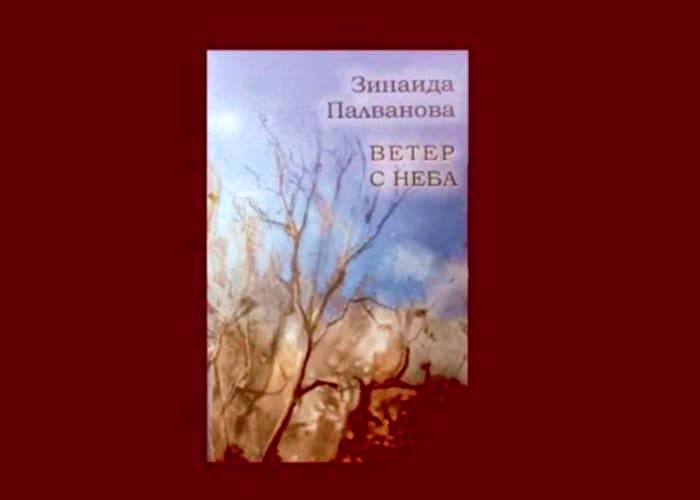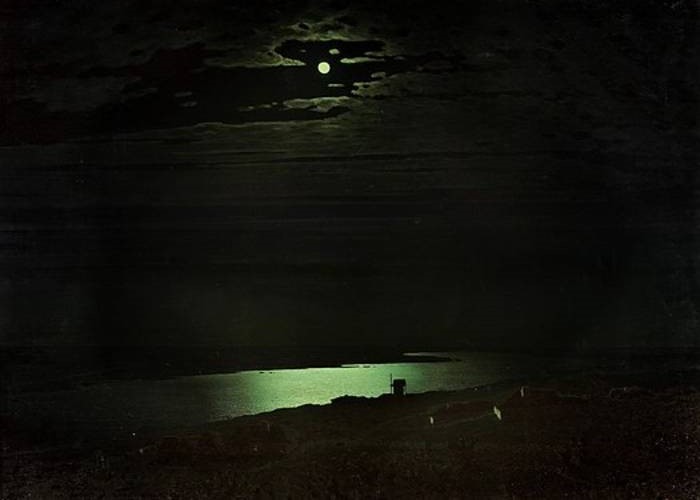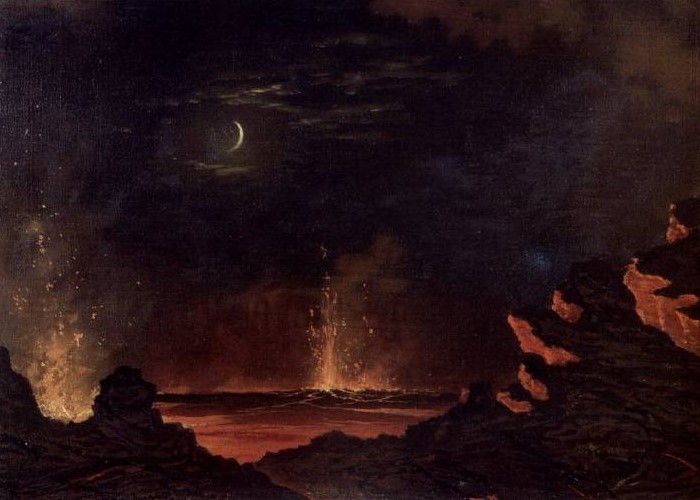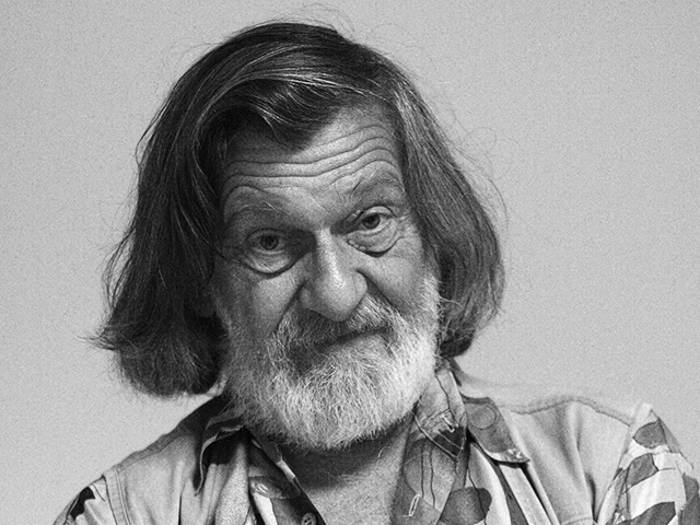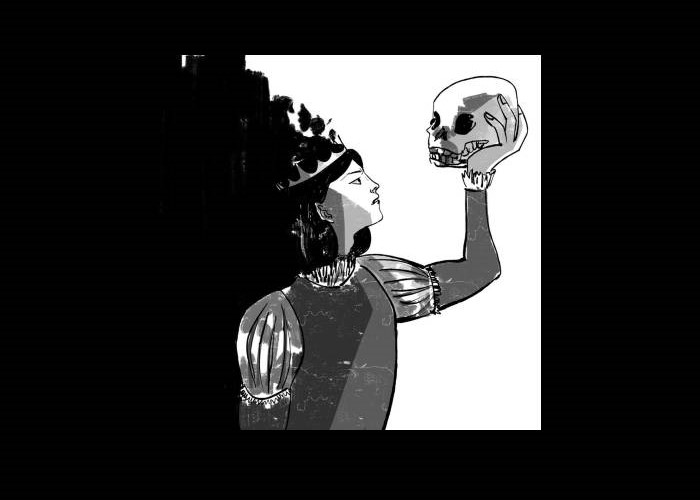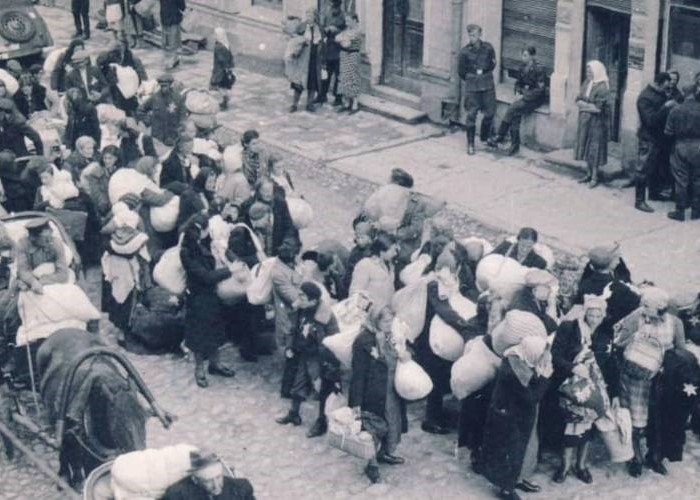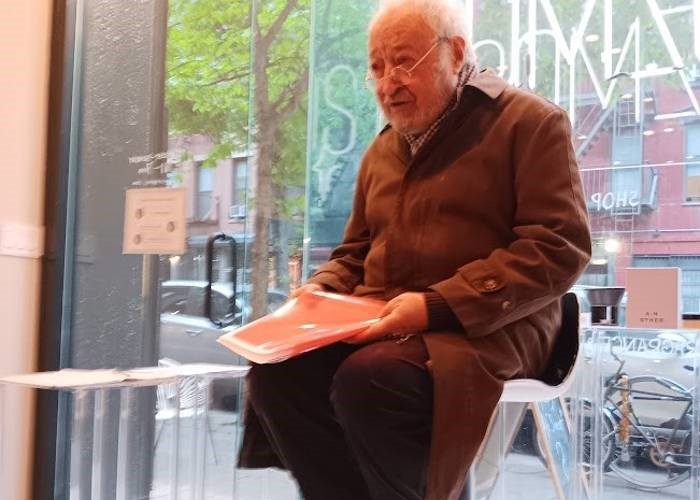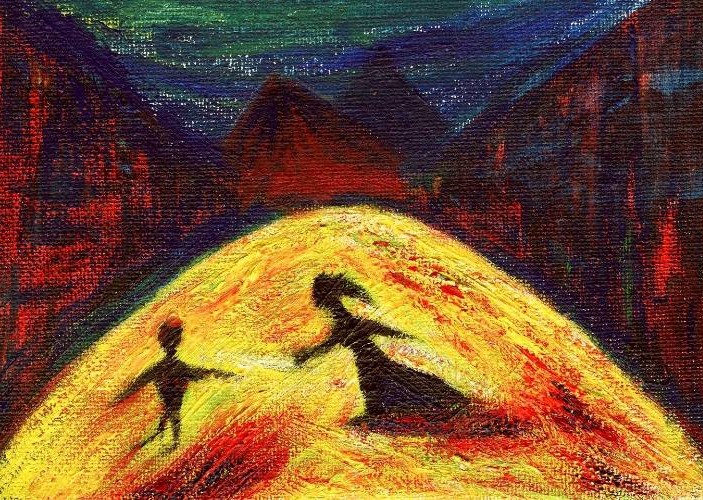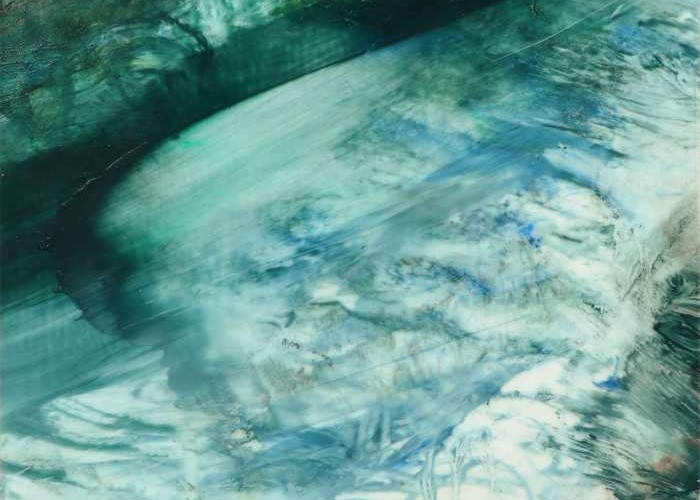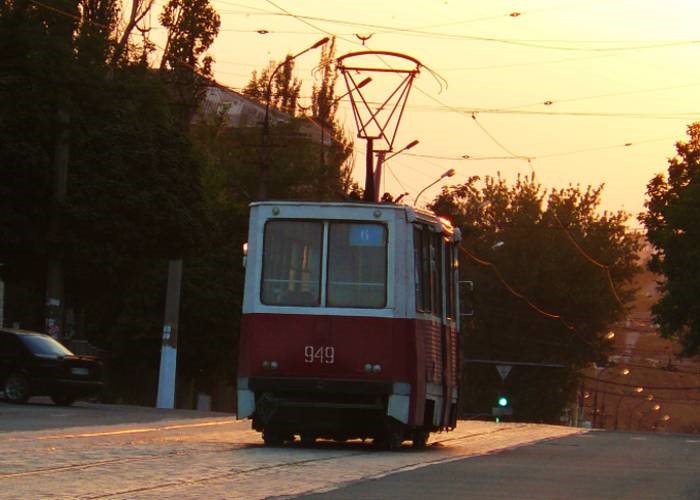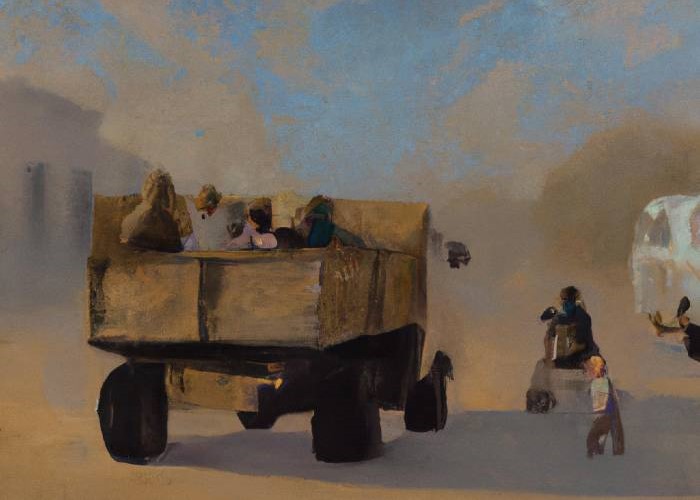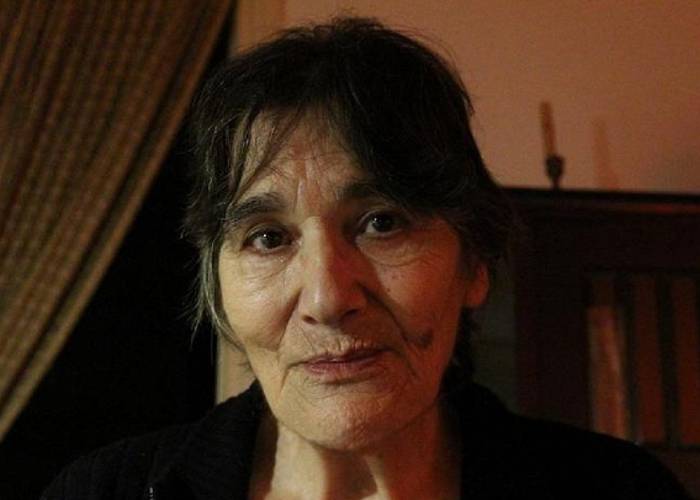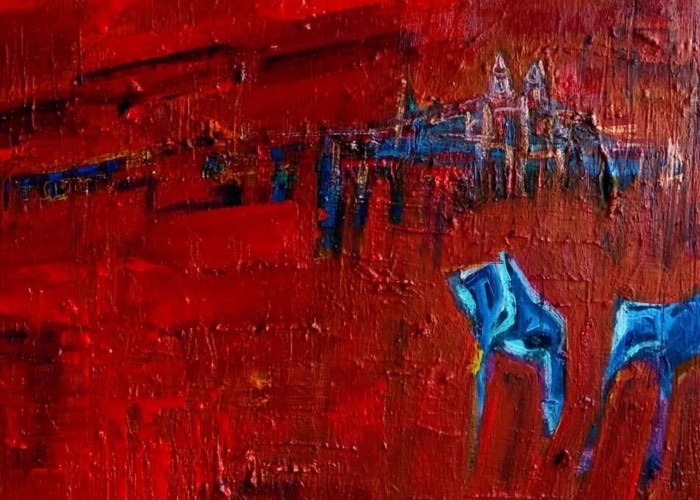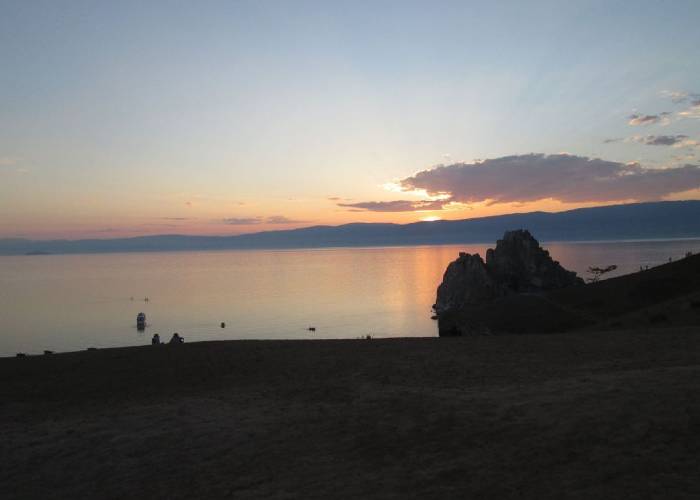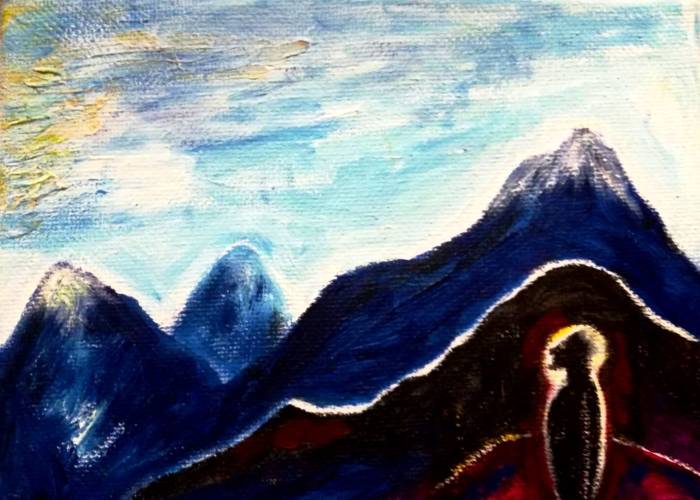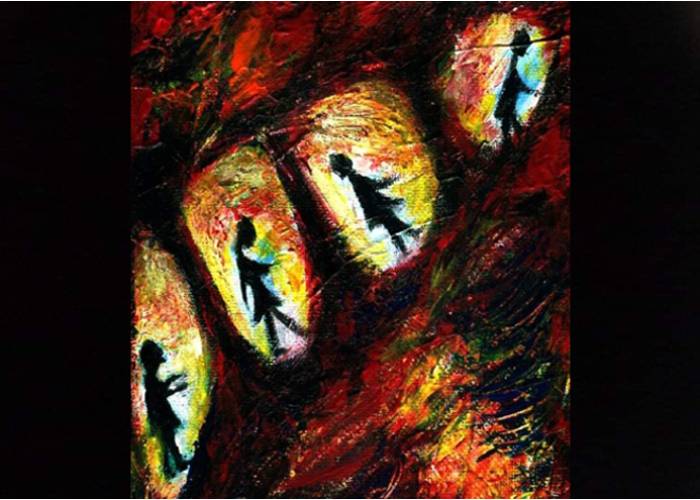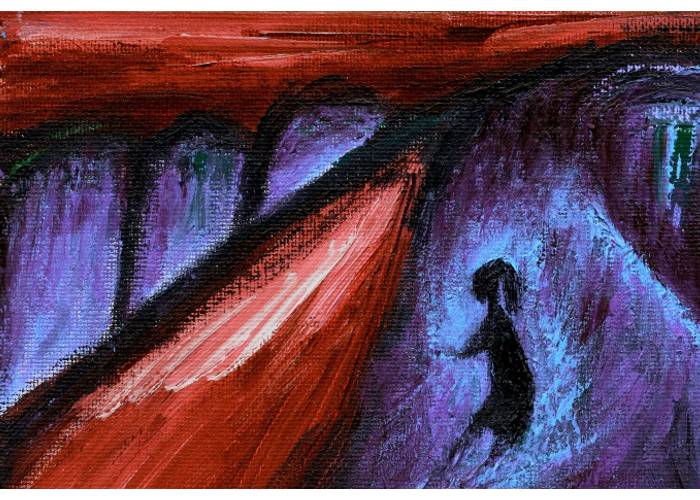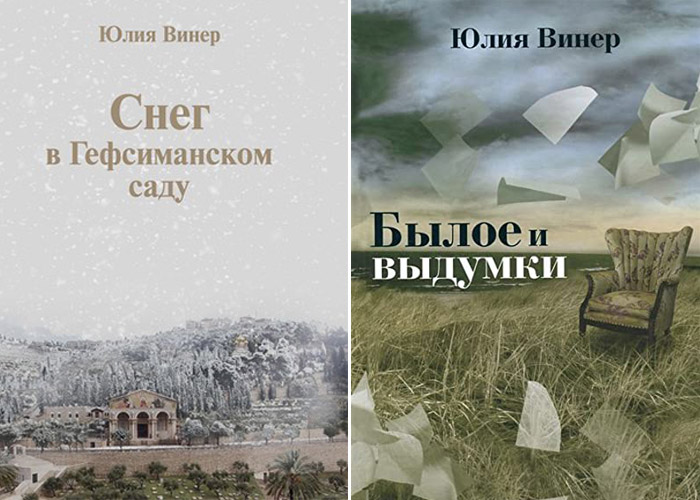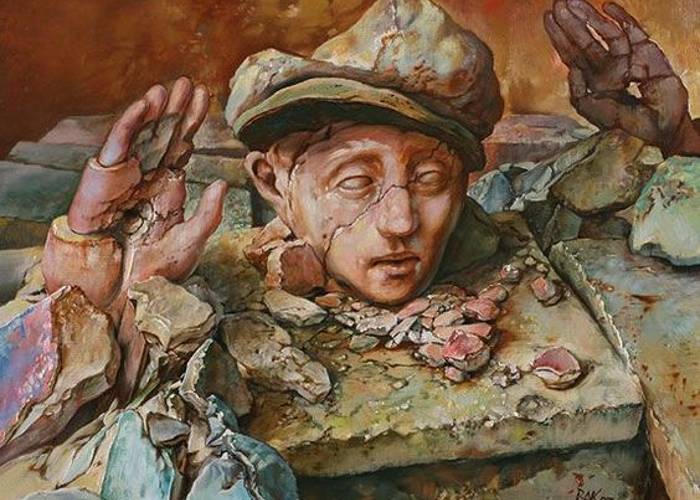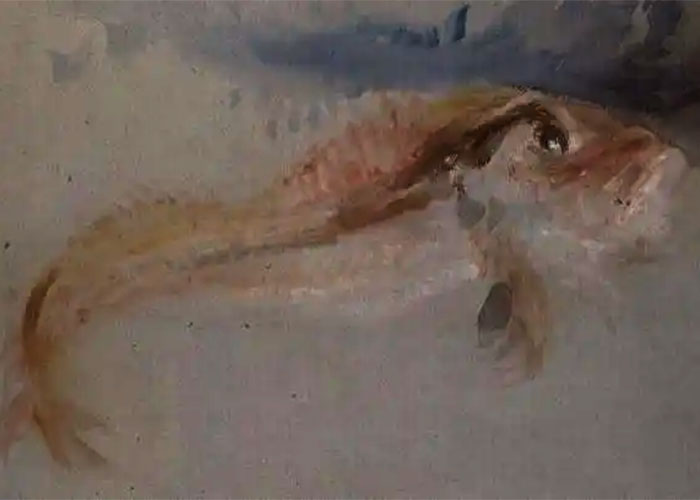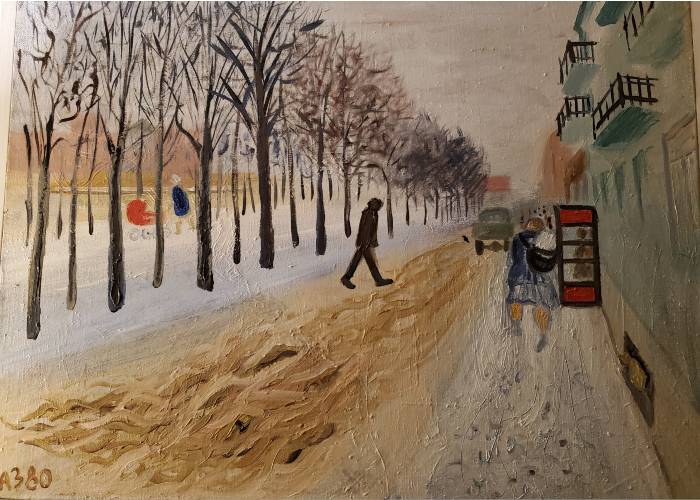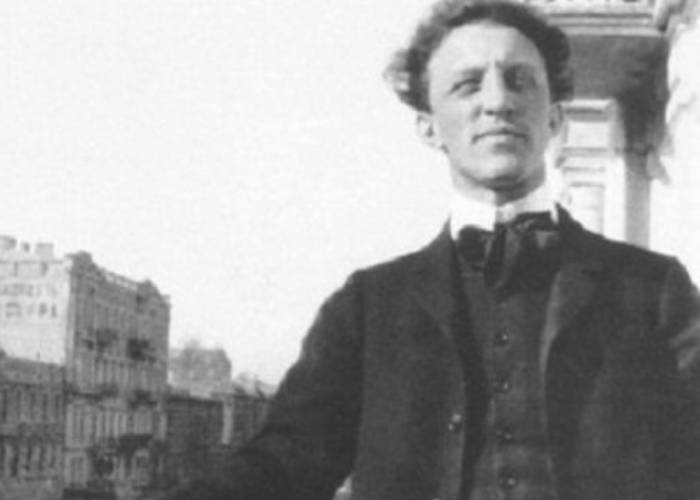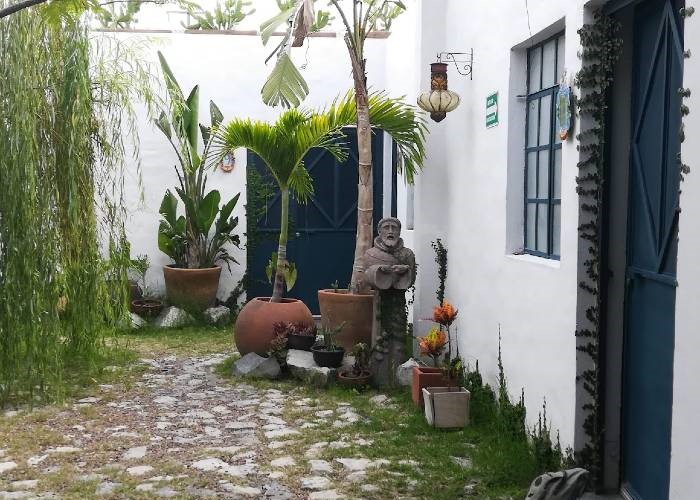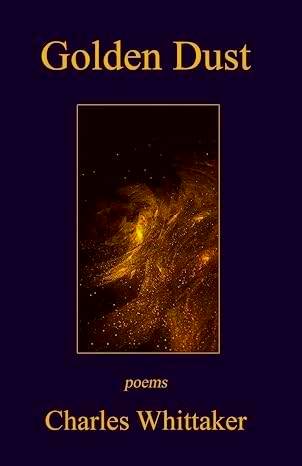With love for Mexico, it is not difficult to discern
in its history, through a bitter grimace,
a childish hope. Aztec, who had put on a mask
of eagle’s courage, being present everywhere,
is everywhere missing. It used now for souvenirs only –
Areopagus of unpronounceable gods.
“Tin”, as they say in Russia today,
is not confirmed. Cavernous holes
are rather in the concepts. And the impossible view
of the universe jammed by mountains
is quite sufficient pretext to justify
the restoration of the pyramids.
With love in Mexico, it seems,
the state of affairs is not worse than in the eleventh century:
with eagle’s fervor, Aztecs peck;
any modesty is forgotten. And women do crave
that is displayed by their beaks, busts, pelvises.
While the local bird songs are not as sweet as the nightingale’s,
the genetic meaning of mixing of bloods
is visible to the naked eye.
With love for Mexico, the dividing line
between the revived Soviet malice
and post-imperial childish cheerfulness,
which Brodsky overlooked here, is clearer.
I feel free here,
being from the morning filled with strange placidity
and false sense of security,
that familiar one, made of clay, “they will not touch us, they will not kill us.”
In the North, there is an intermittent firing. In the South,
it is calm so far. On the Central Plateau,
they are frozen in a state of a twofold anticipation –
the vivid delight and the mortal fear.
The Original
С любовью к Мексике, нетрудно разглядеть
В её истории сквозь горькую гримасу
Надежду детскую. Ацтек, надевший маску
Орлиной храбрости, присутствуя везде,
Везде отсутствует. Пошёл на сувениры
Ареопаг зубодробительных божеств.
Как нынче говорят в России, «жесть»
Не подтверждается. Зияющие дыры –
Скорей в концепциях. А невозможный вид
Горами стиснутого мирозданья –
Достаточный предлог для оправданья
Отреставрированных пирамид.
С любовью в Мексике, похоже, обстоят
Дела не хуже, чем в одиннадцатом веке:
С орлиной жадностью впиваются ацтеки,
Забыв о скромности. И женщины хотят,
Что и показывают – клювом, бюстом, тазом.
Пусть птицы местные грубей, чем соловей,
Смысл генетический смешения кровей
Здесь виден невооружённым глазом.
С любовью к Мексике – ясней водораздел
Меж возрождённой злобностью советской
И постимперской жизнерадостностью детской,
Которую здесь Бродский проглядел.
Я чувствую себя свободным тут.
С утра наполнен благодушьем странным
И чувством защищённости обманным –
Тем самым, глиняным: «не тронут, не убьют».
На севере постреливают. Юг
Пока спокоен. На плато срединном
Застыли в ожиданье двуедином
Восторг смертельный и живой испуг.
2016
________________
Both versions (in Russian and English) are the author’s.



